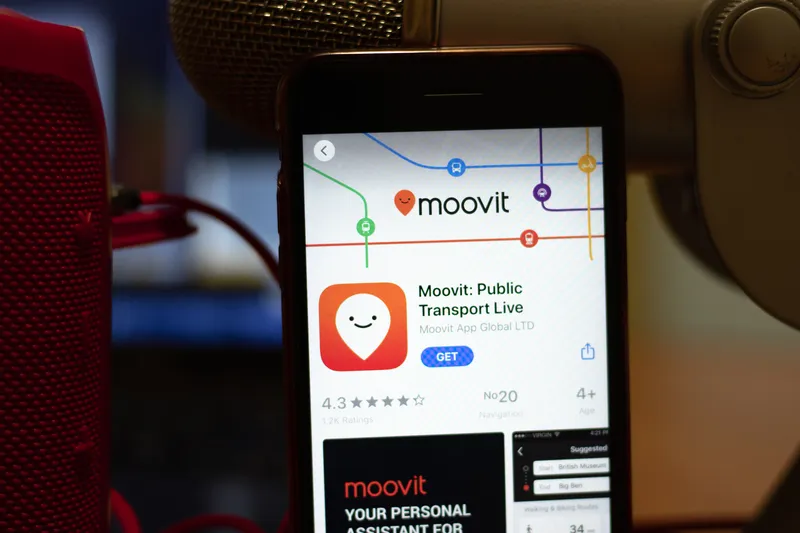Kapsch TrafficCom has taken a 75 per cent stake in Fluidtime Data Services which will enable Kapsch to strengthen its position to act as a platform- and service provider for Mobility-as-a-Service (MaaS) schemes for cities, corporations and transport agencies.
Since 2004, Fluidtime has developed and operated software solutions and user-friendly mobile services enabling intermodal urban travelling. Its mobility platform provides urban travelers with real-time information on transport options and multimodal
January 12, 2017
Read time: 2 mins
Since 2004, Fluidtime has developed and operated software solutions and user-friendly mobile services enabling intermodal urban travelling. Its mobility platform provides urban travelers with real-time information on transport options and multimodal route alternatives, including booking and payment services, including train, underground, bus and tram as well as car or bike sharing services, taxi and on-demand vehicle fleets.
The integrated mobility platform accesses real-time data such as timetable data, movement data of car sharing providers or tariff information, aggregates this data, creates intermodal routes and offers the possibility to use a single app to optimise journeys in line with user profiles.
Fluidtime was responsible for the technical management, the implementation of the WienMobil Lab mobility platform and the app solution, which is claimed to be an international flagship project for integrated mobility, as it is one of the few projects to completely integrate mobility services for route planning, booking and payment.
In addition, Fluidtime is technology partner in various European Horizon 2020 research projects including Bonvoyage and Optimum, along with Kapsch. The main focus and responsibility within these projects is on mobility platform development as well as interface and app design.
The “qando” urban mobility app developed by Fluidtime is available in the five biggest cities of Austria. It is offered to the consumers by the public transport companies and calculates the fastest connection from A to B based on real-time data. More than 1.5 million users have downloaded the app since its launch in Vienna 2009 and its usage exceeds 35 million per month.









